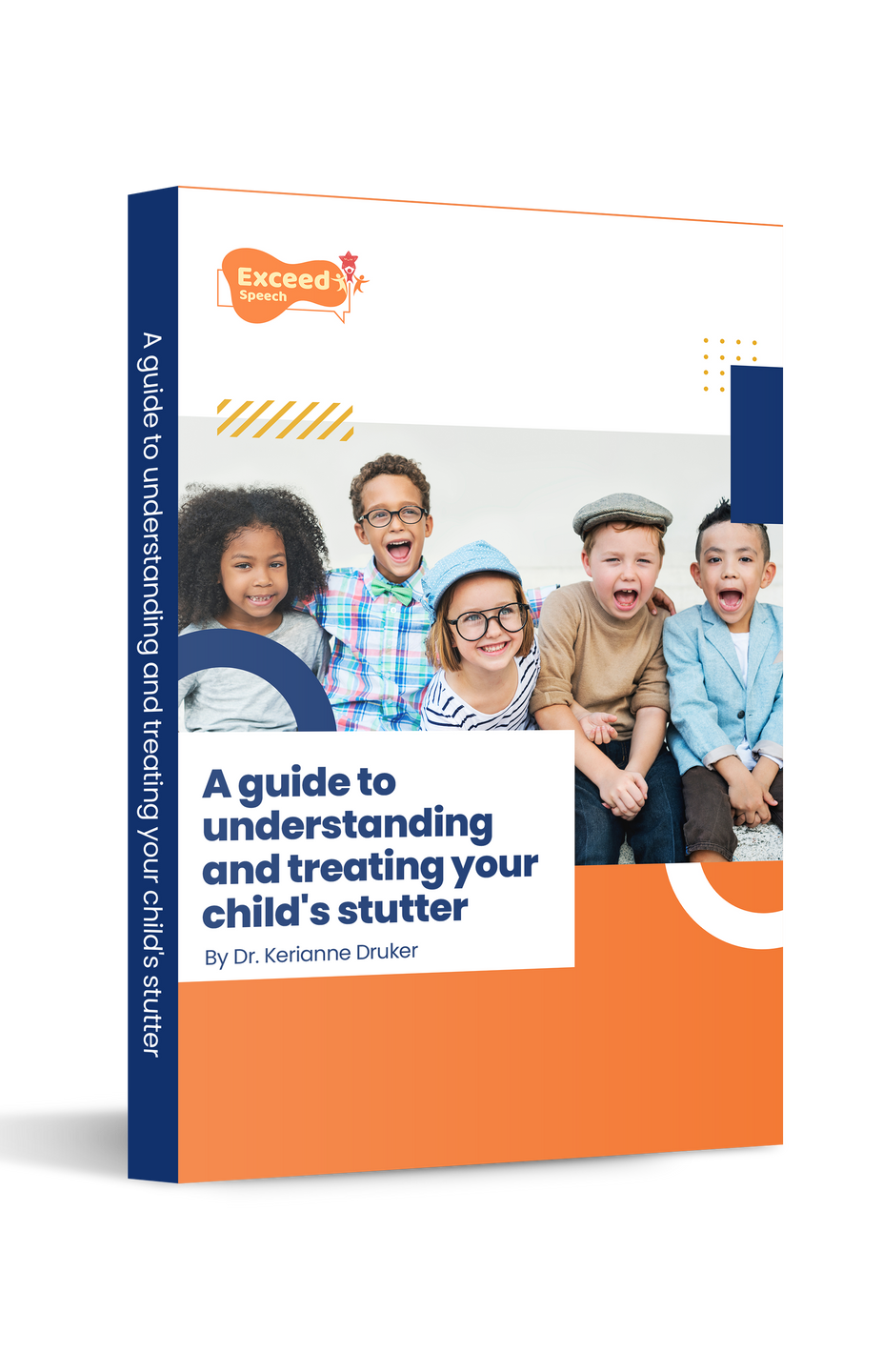Robust Theme
Dec 09, 2019 2020-04-08 7:40Robust Theme
4 reasons why parents should be present in speech therapy sessions

When parents make the decision to see a speech therapist or speech pathologist, it can be a little confusing about what to expect.
Some parents find it surprising when I explain that I would like them to attend all assessment and therapy sessions (where possible), and follow up on the skills we learn outside of our sessions.
This article will talk about the 4 main reasons why I am so passionate about parent involvement in speech therapy:
1. Parent empowerment
I know, as a parent, that I feel so much more calm and confident when I am educated and knowledgeable about how to best support my child through tricky times. This is one of the reasons why I am so passionate about educating parents about all aspects of their children’s communication skills. In an initial assessment, and follow up therapy sessions, we always discuss:
- What speech difficulty your child has
- Causes of your child’s speech difficulty
- How long we can expect therapy to take
- How we can make sure our therapy is effective
- Whether or not your child is likely to have trouble with their speech and language in the medium or long term
- If/how your child’s communication skills might affect your child in the long run
- What parents can do at home and how to do it effectively and naturally
2. Goal setting
An extremely important part of “treatment” planning is collaborative goal setting. This cannot be done without parents or caregivers. Parents are experts when it comes to their children, and shed so much light on aspects of their children’s communication that may be the most meaningful and functional to work on!
3. Tracking progress
Getting an update from parents about their children’s progress between sessions is crucial in tracking the success of our therapy. Parents are able to give honest feedback about how their child’s talking is going in real life situations, that can sometimes not be captured in a speech therapy appointment, for example: at day care or school, with friends, with siblings, or less familiar family members
4. Generalisation of learning
Research has suggested that some speech targets need to produced 120 times in a practice session to achieve a target sound. If parents can work with their children at home throughout the week or weeks between sessions, progress is so much faster!
At the end of each therapy session, we discuss how to implement “homework activities” into your daily routine, without adding any extra burden to already jam packed schedules! Follow up activities are embedded into your daily interactions with your children, so it feels natural and organic.
It is amazing what can be achieved by empowering parents to support their children between sessions, instead of only supporting a child for 30 minutes a week or fortnight in a 1:1 therapy session!
Let’s work together to support your child's speech and language development
If you have any concerns about your child’s speech, language, learning or communication skills, I would love to hear from you – either to allay your fears.. or to discuss how we can work together to give your child the best opportunity to exceed their potential – emotionally, socially and academically.

Free eBook
A guide to understanding and treating your child’s stutter
Take a sneak peak of what the Stuttering Toolkit has to offer, and learn about the treatment principles that have proven successful for more than 90% of children who stutter.
Get Free eBook

